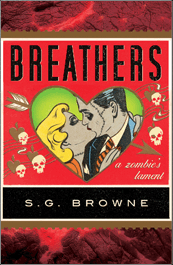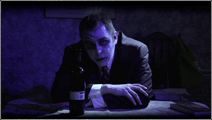I’ve been asked about my writing habits a lot, as though I need to find a way to break them.
When do I write?
How often do I write?
Where do I write?
As to the WHERE question, it’s in my apartment, usually at my desk, sometimes on the couch on my laptop. But I can’t write in cafes. Too distracting. Even in my apartment, sometimes I put on my iPod to block out the street noise by listening to instrumental music like “Green Onions” and “Comanche” and “Single Serving Jack”.
Plus I don’t drink coffee.
As for the WHEN and HOW OFTEN, that’s a little more involved.
From October 1989 to midway through 2002, I more or less wrote every morning for two hours before going into work, whether that was as a waiter or a driver or an assistant producer or as an office manager. Two hours. Every day. And if possible, another two hours at night. Sometimes I gave myself the weekend off. During this time, I wrote three novels and more then fifty short stories.
In 2002, while editing my second and third novels (both supernatural horror novels that had garnered interested from two small press publications), I began to hate what I was writing. Writing became a chore. A grinding job. A tedious two hours of sitting at my desk and staring at the computer and realizing that the words coming out of my fingertips were absolute garbage.
This went on for several months, before I decided to stop writing. To stop sticking to my two-to-four hours of self-disciplined masochism a day. To stop being a writer.
I still wrote. Sporadically. In fits. Whenever the mood struck. But I didn’t go back to the books. I told the publishers that I wouldn’t be able to send them the manuscripts. I felt that I’d let a golden opportunity slip away.
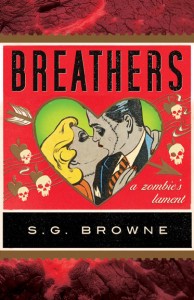 A year later, in October 2003, I started fiddling with an idea based on my short story, “A Zombie’s Lament.” I wrote a few chapters. Then I didn’t write. Then I’d write some more. Not sticking to a schedule. Not forcing myself to sit down for two hours before work or after dinner. Just whenever the mood struck. This went on for the next two-and-a-half years. Writing for weeks at a time, then doing nothing for a month or so. Binge writing. Like binge drinking. Only without the bar tabs or the hangovers. Until I finished my book in May 2006.
A year later, in October 2003, I started fiddling with an idea based on my short story, “A Zombie’s Lament.” I wrote a few chapters. Then I didn’t write. Then I’d write some more. Not sticking to a schedule. Not forcing myself to sit down for two hours before work or after dinner. Just whenever the mood struck. This went on for the next two-and-a-half years. Writing for weeks at a time, then doing nothing for a month or so. Binge writing. Like binge drinking. Only without the bar tabs or the hangovers. Until I finished my book in May 2006.
For the next six months after I’d finished Breathers I didn’t write at all. Nothing. Not a short story. Not a paragraph. Not a word. Then in December 2006, I started writing another novel about fate and destiny. For three months I wrote, at various times of the day, for various lengths of time. I didn’t stick to a schedule but just wrote whenever I had something to write. At the end of the three months, I’d written 45,000 words. Or approximately 180 pages.
Over the next ten months, I wrote sporadically, revising the book as I went, trying to figure out where it was going, giving up on it, coming back to it, forgetting about it, then finally realizing I needed to get it finished. By the end of December 2007, I’d written another 15,000 words.
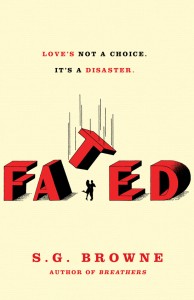 On February 2, 2008, a week after I received an offer from Broadway Books to publish Breathers and the day before the New York Giants beat the New England Patriots 17-14 in Super Bowl XLII, I finished the first draft of Fated. 80,000 words in fourteen months.
On February 2, 2008, a week after I received an offer from Broadway Books to publish Breathers and the day before the New York Giants beat the New England Patriots 17-14 in Super Bowl XLII, I finished the first draft of Fated. 80,000 words in fourteen months.
45,000 words the first three months.
15,000 words the next ten months.
20,000 words the last month.
How’s that for consistency?
Then, for the next eighteen months, I didn’t work on another major project. I edited Fated. I wrote a couple of short stories. I blogged. But I didn’t have a schedule. I didn’t commit myself to a set time or a set amount of words per day. I just wrote whenever it suited me. And I spent a lot of time promoting Breathers, which came out in March 2009.
In August 2009, I started working on another novel. Correction. Three novels. See, I had three ideas and I couldn’t decide which one I wanted to write, so I started writing all three of them at the same time. For a few days I’d work on one, then get an idea that worked better in the other, then get tired of that one and work on the third. It was like dating three women at the same time and trying to keep all of them happy.
I went back and forth like that for six months until I finally decided I really needed to commit to just one book. So I picked one and forged ahead, plucking a few paragraphs and pages out of the ether until, at the end of March 2010, I had about 30,000 words of my new novel, or about 120 pages. And it had taken me more than six months to get to that point.
Wanting to finish my novel before the Crypticon Convention in the middle of June, I created a writing schedule. Actually, more like a word count goal. 1000 words a day minimum. Six days a week. However long it took me to get those 1000 words. So for the next two months, I stuck to that schedule, writing 27,000 words in April and another 28,000 words in May and the first week of June, finishing the first draft of Lucky Bastard on June 5.
So as you can see, over the past twenty years or so, my writing habits have been kind of all over the map. I’ve done what has worked for me at different times in my life with various work ethics, but what matters is that I’ve been happy with the results.
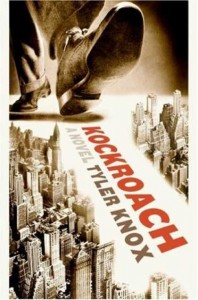 Apparently, I’ve stumbled into a bit of a literary desert here, as I’m struggling to find titles of books I’ve read that begin with the letters J and K. At least with my previous entry I was able to come up with three titles, but I’ve searched my bookshelves and online databases and my gradually deteriorating memory and could only come up with two books I’ve read that begin with the letter K. (And To Kill a Mockingbird falls under T, so I can’t include it here.)
Apparently, I’ve stumbled into a bit of a literary desert here, as I’m struggling to find titles of books I’ve read that begin with the letters J and K. At least with my previous entry I was able to come up with three titles, but I’ve searched my bookshelves and online databases and my gradually deteriorating memory and could only come up with two books I’ve read that begin with the letter K. (And To Kill a Mockingbird falls under T, so I can’t include it here.)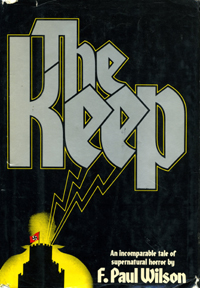 A close second:
A close second: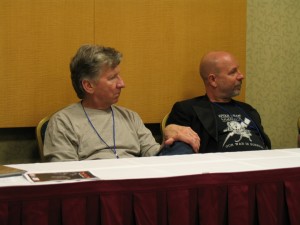
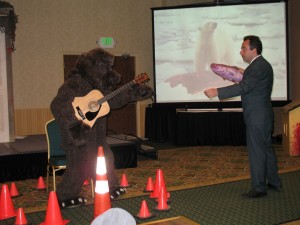
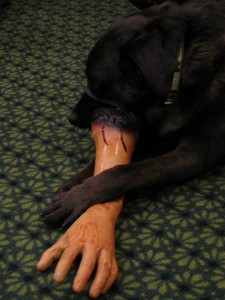
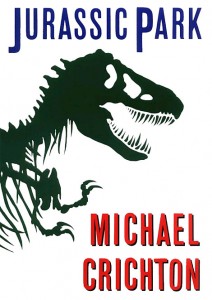
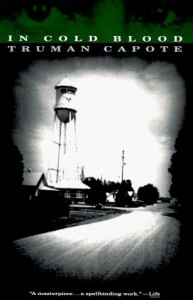
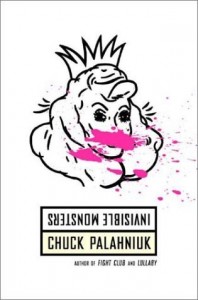
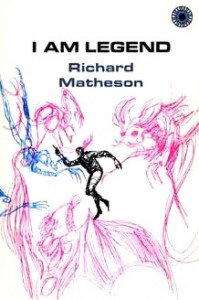


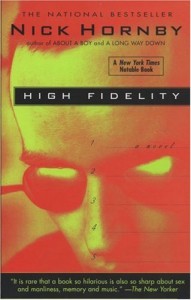
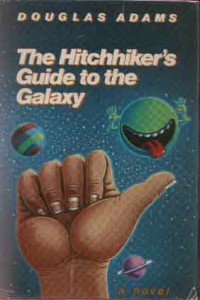
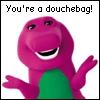
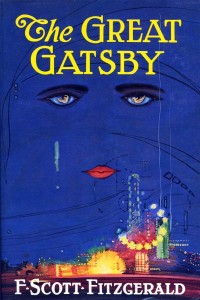
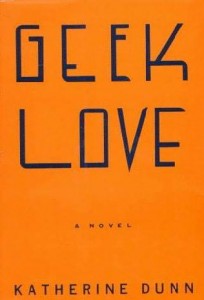
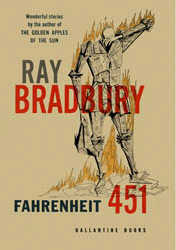
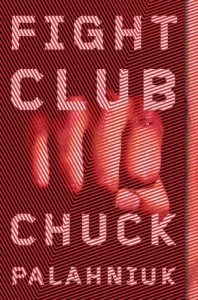
 Read Andy’s Diary on your iPhone for free
Read Andy’s Diary on your iPhone for free